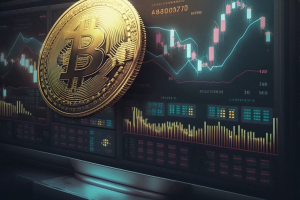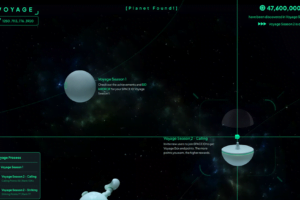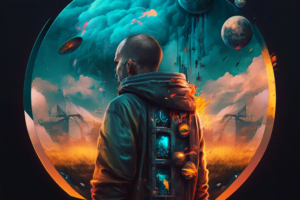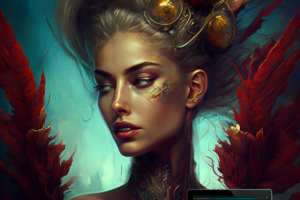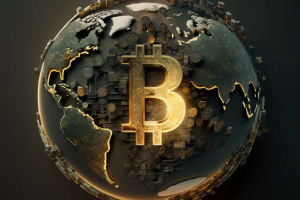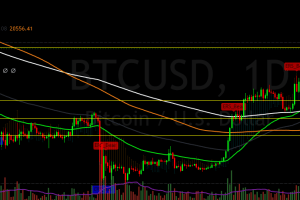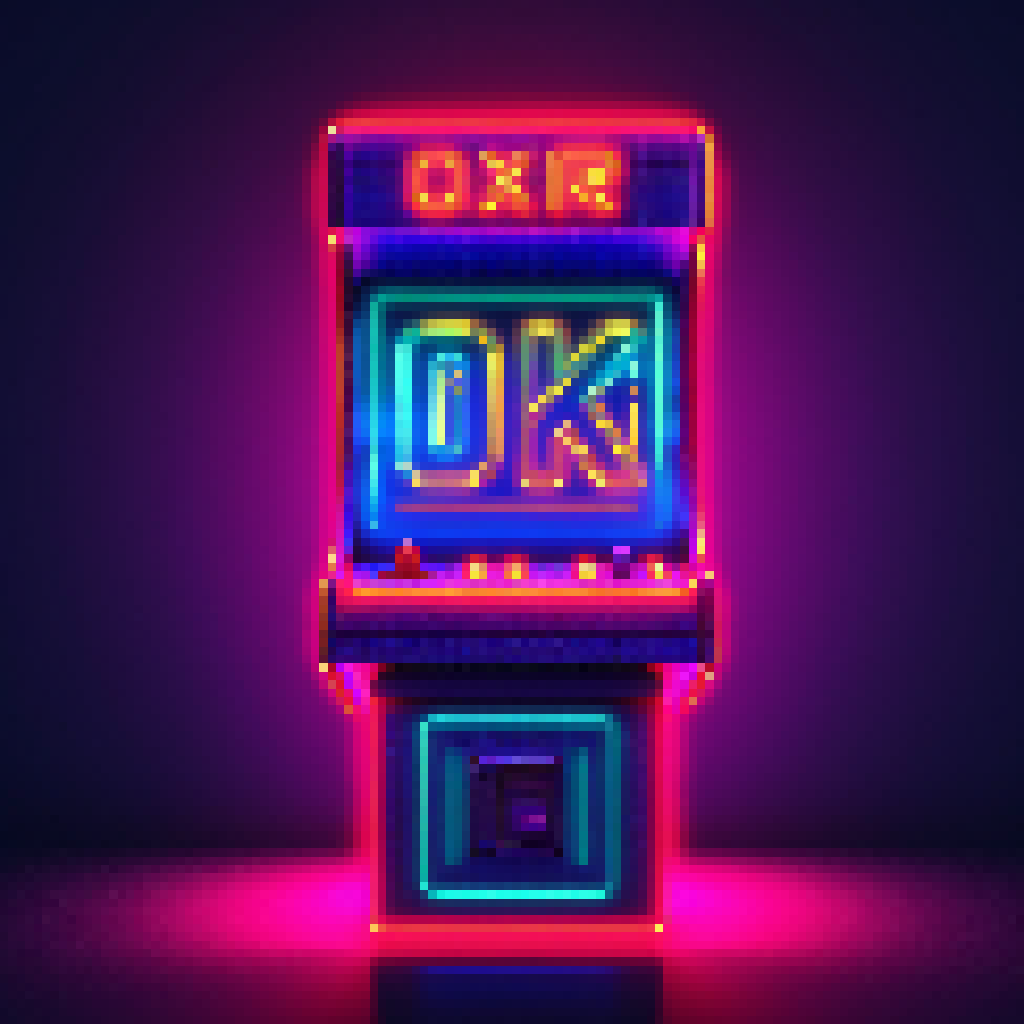The music industry has always been at the forefront of technological innovation, from vinyl records to digital streaming services. Today, non-fungible tokens (NFTs) are the latest revolution, transforming how music is created, distributed, and consumed. In this article, we will explore the impact of NFTs on the music industry, examining their role in artist empowerment, fan engagement, and the evolution of distribution models.
Empowering Artists with NFTs
The traditional music industry has long been criticized for its centralized control and the limited revenue that reaches artists. NFTs offer a decentralized alternative that can empower musicians in various ways:
- Royalties: By tokenizing their music as NFTs, artists can set up royalty structures that ensure they receive a percentage of the revenue each time their work is resold on secondary markets. This provides a more equitable distribution of income and enables long-term, passive earnings.
- Creative Control: NFTs allow musicians to retain full control over their work, bypassing the need for record labels and intermediaries. This independence enables artists to experiment with new forms of music and distribution without external pressure.
- Direct-to-Fan Connections: NFTs facilitate direct interactions between artists and their fans, fostering a stronger sense of community and loyalty. This relationship can also help musicians better understand their audience and tailor their offerings accordingly.
Fan Engagement through NFTs
NFTs offer a unique opportunity for fans to engage with their favorite artists and collect exclusive, limited-edition items:
- Collectibles: Musicians can create NFTs for exclusive album covers, unreleased tracks, or limited-edition merchandise, appealing to fans who want to own rare and valuable assets.
- Experiences: NFTs can be used to grant access to exclusive events, such as virtual concerts or backstage passes, enabling fans to enjoy unique experiences while also supporting their favorite artists.
- Community Building: Fans can trade and discuss their NFT collections within dedicated online communities, fostering camaraderie among like-minded enthusiasts.
The Evolution of Music Distribution Models
As NFTs continue to gain traction, the music industry is likely to see a shift in distribution models, with decentralized platforms playing a more significant role:
- Decentralized Platforms: Blockchain-based platforms like Audius, Catalog, and Opulous provide artists with decentralized alternatives to traditional streaming services. These platforms enable artists to distribute their music as NFTs while retaining control over royalties and metadata.
- Cross-Platform Integration: As the popularity of NFTs grows, we can expect to see increased integration with existing streaming services like Spotify and Apple Music, enabling users to access and trade NFTs directly through these platforms.
- Tokenized Ecosystems: NFTs can serve as the foundation for tokenized ecosystems in which artists, fans, and industry professionals interact within a decentralized environment. This could lead to the emergence of decentralized music labels or the rise of DAOs (decentralized autonomous organizations) focused on music production and distribution.
Conclusion
NFTs are poised to reshape the music industry, empowering artists, enhancing fan engagement, and transforming distribution models. As musicians and industry professionals embrace these new technologies, we can expect to see an increasingly decentralized landscape, offering more opportunities for creative expression, revenue generation, and unique experiences. The future of music is undeniably entwined with the evolving world of NFTs, and the possibilities are as limitless as the artists’ and fans’ imaginations.



